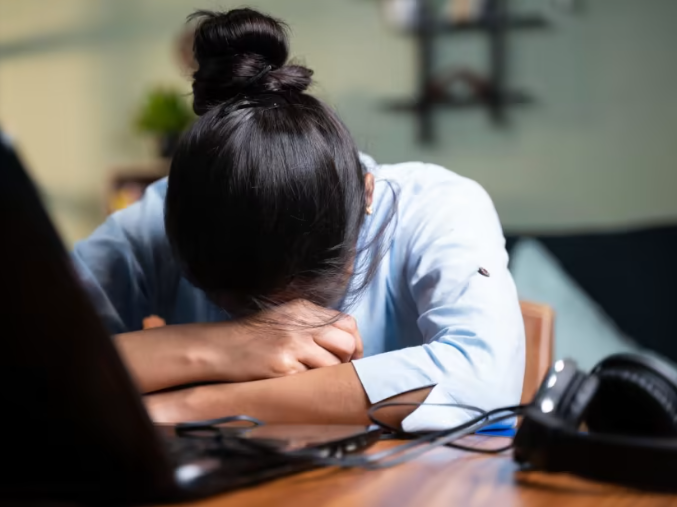A recent survey of workers in Singapore reveals that, compared to their counterparts in Indonesia and the Philippines, Singaporeans report the lowest
A recent survey of workers in Singapore reveals that, compared to their counterparts in Indonesia and the Philippines, Singaporeans report the lowest levels of mental health, job satisfaction, and quality of life.
The “Hustle Culture” survey, conducted by Milieu Insight, a consumer research and analytics firm, in partnership with Intellect, a mental health company, found that despite working fewer or similar hours, Singaporean employees expressed significantly lower satisfaction with various aspects of their work and personal lives compared to workers in the other two countries.
“Hustle culture” refers to the mentality of working as hard as possible to advance one’s career. While this concept was once viewed positively, attitudes appear to have shifted in recent years.
The survey, conducted last July, involved 3,000 employees across Singapore, Indonesia, and the Philippines who work at least 35 hours a week. Results, released on Tuesday (Sept 13), highlighted that over half of the Singaporean respondents (52%) reported a poor quality of life. In contrast, 37% of Indonesian workers and 26% of Filipino workers felt the same.
In terms of job satisfaction, 26% of Singaporeans said they are dissatisfied with their jobs, compared to only 17% of Filipino respondents and 15% of Indonesians. Additionally, 56% of Filipino and 52% of Indonesian workers reported high engagement at work, while only 42% of Singaporean workers felt similarly engaged.
Singaporean workers also reported the poorest sleep quality, with 30% stating they struggle with sleep issues, compared to 19% of Indonesians and 16% of Filipinos.
When it comes to mental health, 78% of Filipino respondents and 68% of Indonesian workers rated their mental health as “good,” “very good,” or “excellent.” However, only 57% of Singaporean respondents reported similar ratings.
Despite these differences, burnout remains a common issue across the region. Half of the surveyed workers said they experience burnout at least a few times per month, and 41% stated they “often” or “always” feel they can’t stop thinking about work.
Stephen Tracy, COO of Milieu Insight, commented on the shift in attitudes since 2020, when a similar survey in Singapore found that 52% of respondents aged 16 to 24 embraced the idea of hustle culture. “Two years on, this poll sheds light on how opinions toward work have evolved, influenced by the pandemic, global inflation, and the looming threat of recession,” Tracy explained in an interview with Rice Media.



COMMENTS